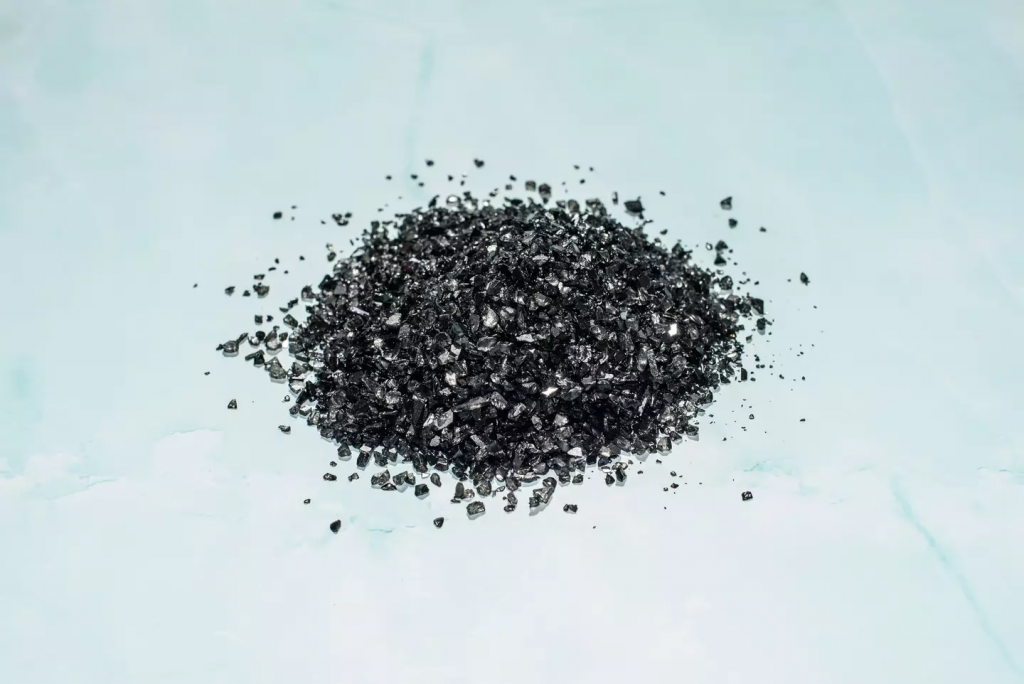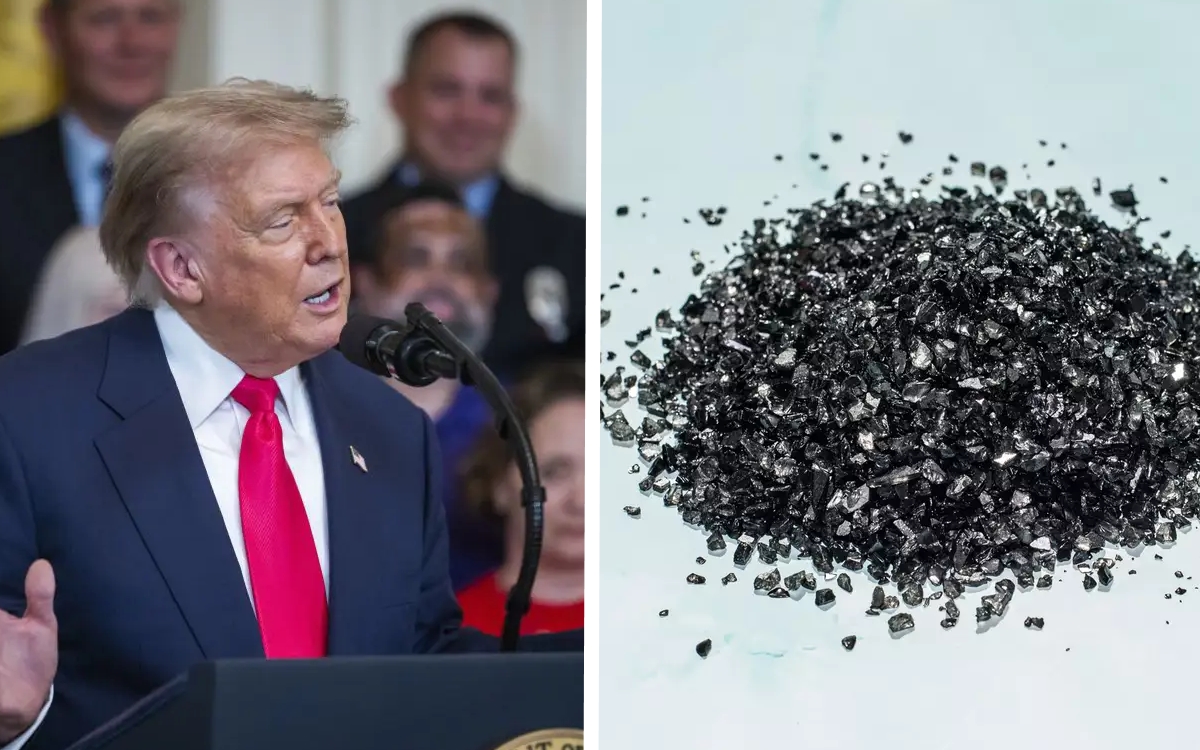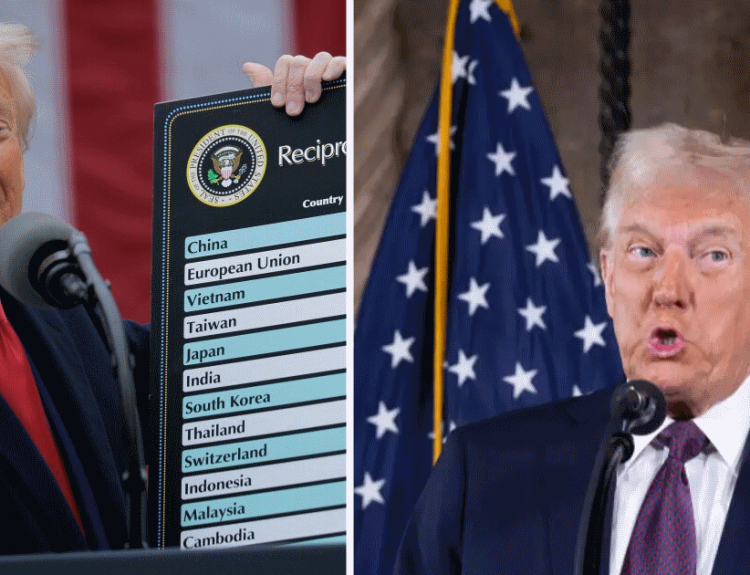In a landmark agreement announced last week, Washington and Beijing agreed to fast-track shipments of rare earth minerals—essential for electric vehicles, microchips, and advanced defense systems—to the United States. Treasury Secretary Janet Yellen praised the pact as “a game changer” that could fill an anticipated $34 billion gap in American manufacturing output caused by last spring’s export slowdowns. Analysts say the expedited import schedule will bolster supply chains just as automakers ramp up EV production and semiconductor firms scale up chip capacity to meet global demand.
Rare earth elements like neodymium, praseodymium, and dysprosium power high-strength magnets, battery cells, and semiconductor etching. China currently supplies over 60% of global rare earth output and controls nearly 85% of processing capacity. When Beijing began delaying export permits for strategic leverage, U.S. automakers, consumer-electronics firms, and defense contractors faced critical shortages, triggering production slowdowns from Detroit to Silicon Valley and raising alarms in Pentagon procurement offices.

@Reuters “U.S. and China finalize framework to speed up rare earths exports, easing pressure on supply chains.” Read more
The deal preserves China’s export-permit system but mandates approvals within 30 days—down from the previous 45-to-60-day backlog. In return, the U.S. eased certain restrictions on Chinese tech researchers and lifted a visa freeze for scientific exchanges. Industry groups such as the National Association of Manufacturers hailed the move as crucial to avoiding further price spikes in electric motors and electronic components.
A Congressional Budget Office report warned that each week of rare earth shortages could cost the U.S. economy $500 million in delayed production. Without relief, the study projected a cumulative $34 billion loss over five years—equivalent to shuttering several major auto plants and deferring thousands of high-tech manufacturing jobs.
@CBOgov “Supply disruptions in rare earths could shave billions off U.S. GDP if not addressed.” Details
Wall Street cheered: the S&P 500 Materials index jumped 2.3%, and shares of Tesla and Intel spiked on the news. “This stabilizes a vital link in advanced manufacturing,” noted a Bloomberg Markets analyst. Commodity traders saw rare earth futures climb, reflecting stronger confidence in supply continuity through mid-2026.
@BloombergMarkets “Rare earth stocks surge after U.S.–China supply pact.” Market reaction
Defense experts highlight the strategic importance of securing rare earths. The Department of Energy’s Critical Materials Office noted that improved access will avert training and production slowdowns at military facilities. “We can’t risk delays in producing guidance systems or communications gear,” said Dr. Karen O’Brien, senior advisor at the DOE.
@ENERGY “Securing rare earth supplies is vital to national defense—this deal bolsters critical lines.” Read the briefing
Environmental groups, however, urge parallel investments in sustainable mining practices. The Guardian editorial board called for strict international standards to minimize water and soil contamination, glowing tailings, and ecosystem disruptions—problems that have plagued China’s Inner Mongolia mining regions for decades.

Some lawmakers are already acting domestically. Senators Susan Collins (R-ME) and Joe Manchin (D-WV) introduced the Rare Earths Manufacturing Act, offering tax credits and expedited permitting for U.S. mines and separation plants. “We cannot leave our future to geopolitics alone,” Collins said at a press briefing.
@SenateEnergy “Bipartisan bill to jump-start U.S. rare earth production introduced today.” Learn more
Elsewhere, Australia’s Lynas Rare Earths plans to double capacity by 2028, while U.S. startup Texas Mineral Resources is breaking ground on its first separation facility in Giddings, Texas. “Diversification is key,” said Lynas CEO Amanda Clarke in a Financial Times interview. The European Union is also moving to certify non-Chinese sources under its Critical Raw Materials Act, reducing reliance on a single supplier.
Social media buzzed under #RareEarthRescue. Industry news account @AutoTechNews praised the pact as “a lifeline for auto and chipmakers,” while environmental watchdogs like @EcoWatchUSA reminded followers: “Deal is great—now enforce strong safeguards on mining operations to protect communities.”
@AutoTechNews “U.S. manufacturing gets a lifeline—rare earths deal secures critical inputs.” See tweet
@EcoWatchUSA “Deal is welcome—ensure mining meets strict environmental standards.” Read caution
With green-tech demand exploding—electric vehicles alone will need over 1 million metric tons of rare earths annually by 2030—this partnership offers essential breathing room. Yet officials stress the long-term goal remains boosting domestic and allied production to secure true supply-chain resilience. As Treasury Secretary Yellen said: “We’ve bought time, but independence comes from within—and that is our next mission.”






